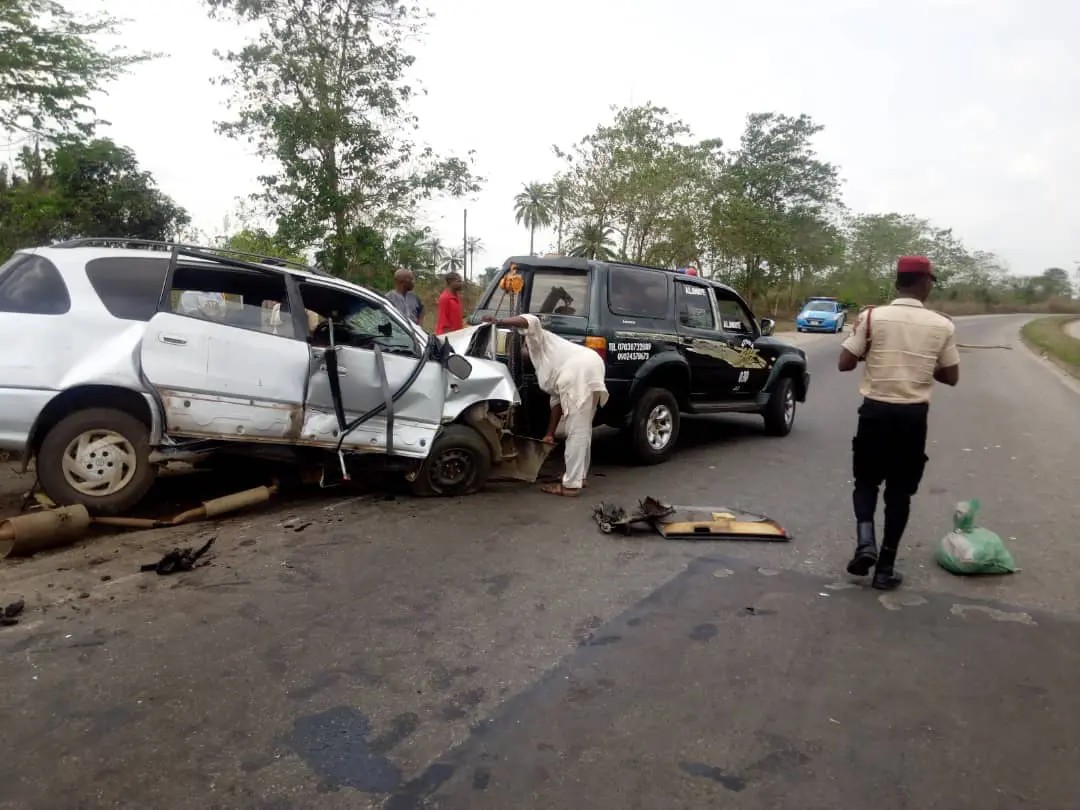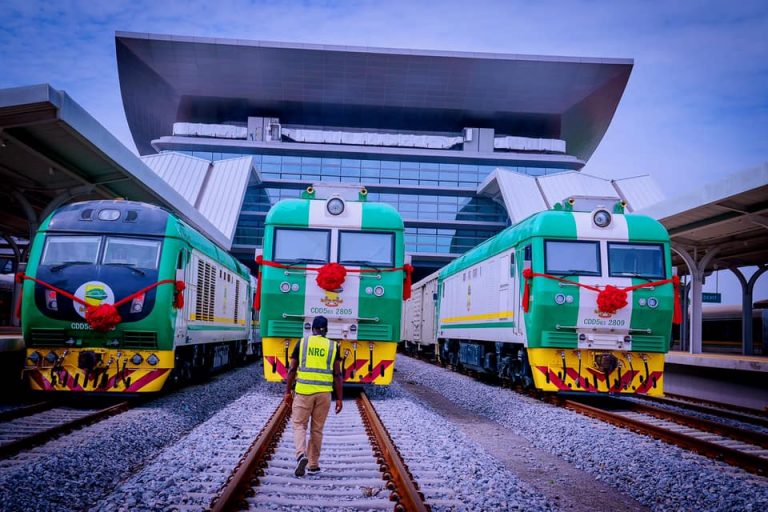
President of the Lagos Chamber of Commerce and Industry (LCCI), Dr Michael Olawale-Cole, said policy inconsistency is stunting the growth of the automotive industry.
Olawale-Cole, particularly, faulted what he called a frequent review of import duties by the Ministry of Finance. He spoke through his deputy along with key players in the auto industry at a symposium organised by the LCCI Auto and Allied Group themed, ‘The Auto and Allied Sector: Present Day Realities in Nigeria’.
Olawale-Cole kicked against the use of spot exchange rates by the Nigeria Customs Service (NCS) to compute import duties. He said: “The decline recorded in the third quarter is a testament to automobile industry reactions to policy inconsistency that is amplified by frequent reviews of import duties by the NCS.”
He also noted that the twin effect of subsidy removal and exchange rate harmonisation has impacted the industry with inconsequential gains and a huge loss to stakeholders.
He said: “If the government is not swift in stabilising the exchange rate, investors may be discouraged, and domestic producers will be skeptical about mass production of vehicles that are perceived to be costly.
“It is important to note that ministries, departments and agencies (MDAs), especially the NCS should not use spot exchange rate as a basis for computing import duties to avert uncertainty and minimise the consequences of information asymmetric among stakeholders in the industry.
“Computation that is based on last month’s average exchange rate could be a more reliable methodology. This approach will allow stakeholders to anticipate and estimate the cost of import duties that are void of misinformation, and frequent adjustment by the NCS.” He urged the government to work with the private sector players to develop policies that promote and reduce the cost of local production as well as “encourage innovation and competitiveness to ensure the growth and sustainability of the automotive industry.
“The Federal Government and the Nigerian Investment Promotion Council (NIPC) should collaborate with the private stakeholders to encourage investments in the industry.” He called for the establishment of an automated banking system and a resilient local manufacturing sector.
“The sector should prioritise the use of quality-controlled, domestically manufactured parts and components, together with a skilled workforce of specialists capable of supporting investments in manufacturing and assembly,” he said
In his welcome address, the Chairman of Automobile and Allied Services Group at LCCI, Adekunle Jaiyesimi, spoke on the significant role of the automotive industry in the nation’s economy.
“From manufacturing and distribution to maintenance and repair services, it contributes to employment, revenue, and technological advancement,” he stated
He listed the unique challenges and opportunities in the sector as technological advancements; sustainability and environmental issues; supply chain disruptions and government policy and regulation.






